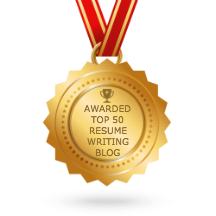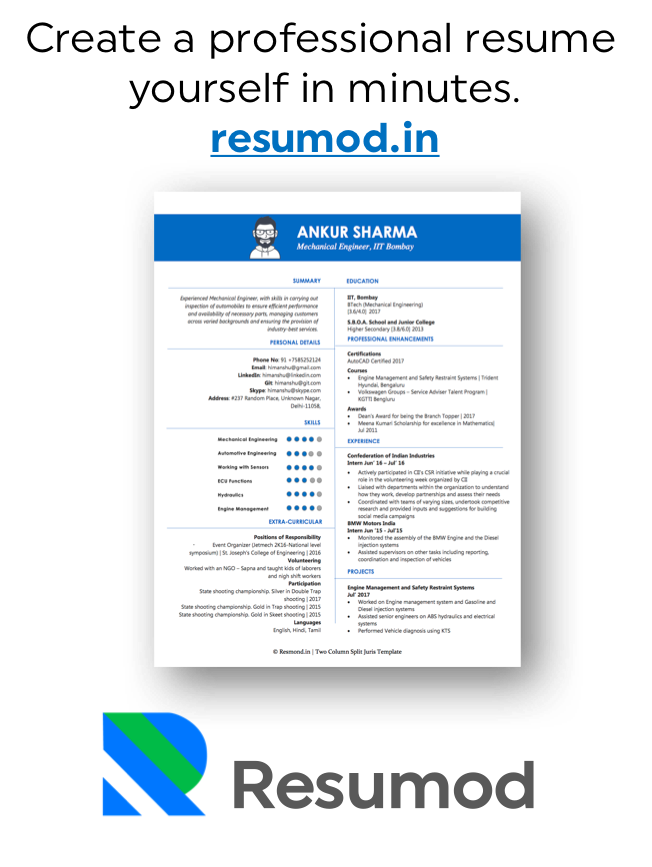A cover letter is not just a formal document but a strategic tool when vying for an internal promotion. Its purpose is to illuminate your professional prowess, accomplishments, and aspirations. However, certain missteps can dilute its impact. Here’s an in-depth guide on what to avoid when drafting a cover letter for an internal promotion.
1. Steer Clear of Salary Expectations and Personal Expenses
Your cover letter should exude enthusiasm for the role and your capability to excel, not center around financial concerns. Avoid mentioning salary expectations or personal financial constraints as reasons for seeking the promotion. Instead, focus on how your skills and accomplishments make you the ideal candidate.
2. Keep Personal and Family Matters Off the Table
While workplace relationships matter, a cover letter for a promotion isn’t the space to delve into family anecdotes or personal stories. Maintain a professional tone by highlighting your achievements, skills, and qualifications relevant to the position you’re aspiring to, steering clear of personal details.
3. Highlight Recent Achievements and Future Goals
The pivotal point of your cover letter should revolve around recent successes and how they align with your potential contributions in the new role. Discuss how your achievements in the last six months make you well-suited for advancement and elaborate on your plans and strategies for future success in the promoted position.
4. Avoid Dwelling on Workplace Challenges
Resist the temptation to dwell on challenges faced in the workplace, be it policy changes, remote work hurdles, or other adversities. Instead, highlight your ability to adapt and overcome these challenges, emphasizing how you turned them into opportunities for growth and success.
5. Focus on Short-Term Ambitions, Not Long-Term Visions
While ambition is commendable, the cover letter should center on your immediate one-year goals within the new role rather than projecting too far ahead. Detail how the promotion aligns with your short-term career aspirations and how you plan to contribute effectively in the immediate future.
6. Limit Discussion of Team, Department, or Clients
Unless pivotal to your candidacy, avoid extensive discussion on team, departmental, or client changes. Instead, concentrate on articulating how your unique skill set, experience, and achievements position you as an ideal fit for the role you’re seeking.
Conclusion
A well-crafted cover letter is a stepping stone toward securing an internal promotion. By deftly avoiding common pitfalls like discussing salary expectations, personal matters, dated achievements, workplace challenges, overly long-term visions, and unnecessary emphasis on organizational changes, you can create a compelling narrative.
Remember, the aim is to demonstrate how your skills, recent achievements, and future aspirations align seamlessly with the requirements of the new role. Through a well-structured, professional approach, your cover letter can significantly elevate your chances of securing the internal promotion you’re aiming for.



